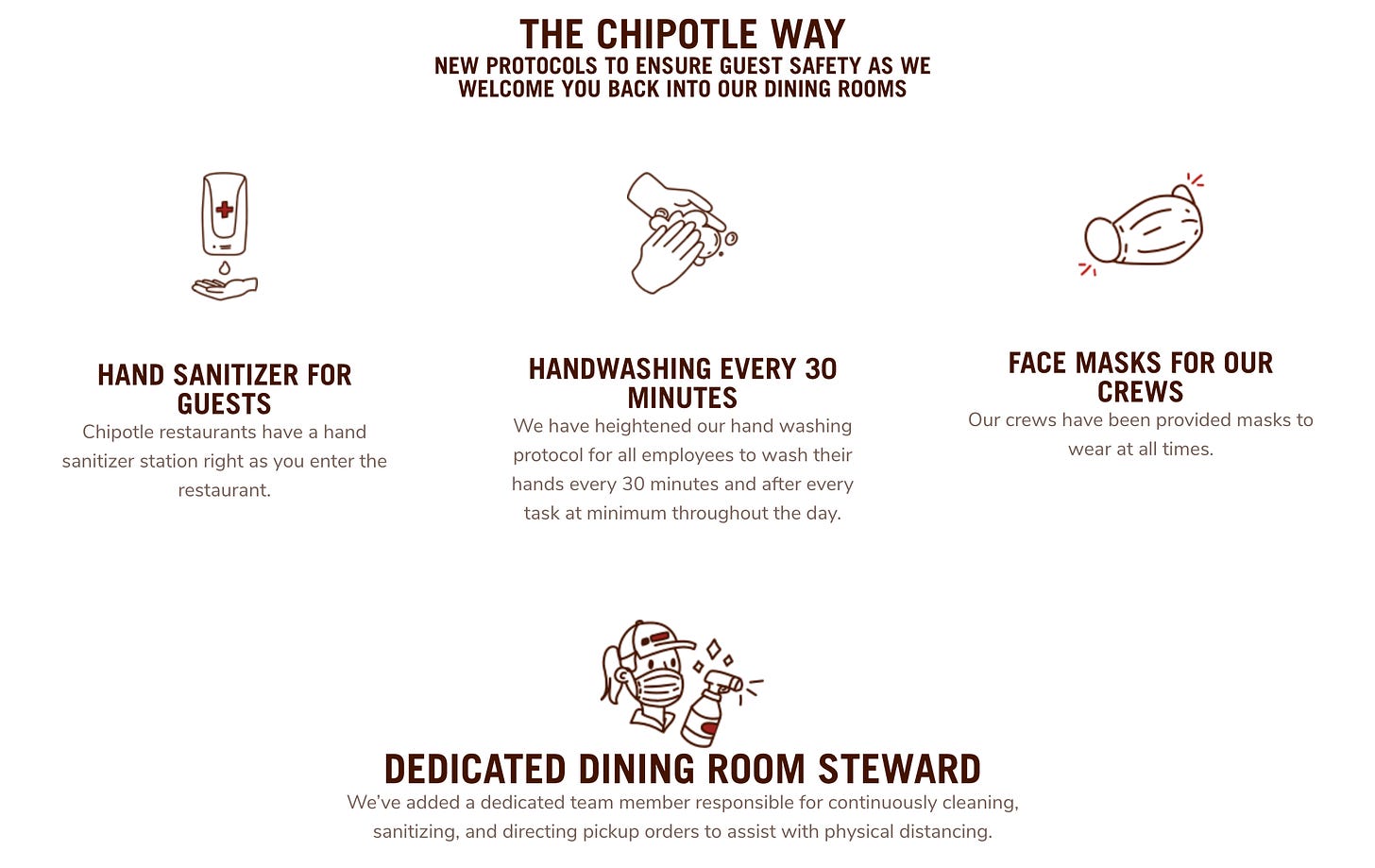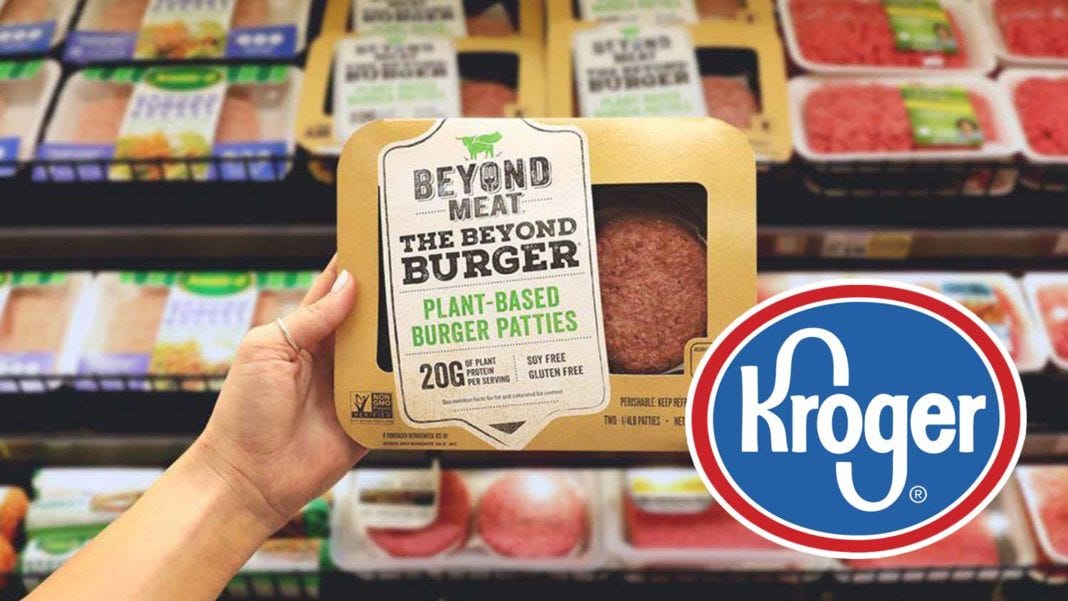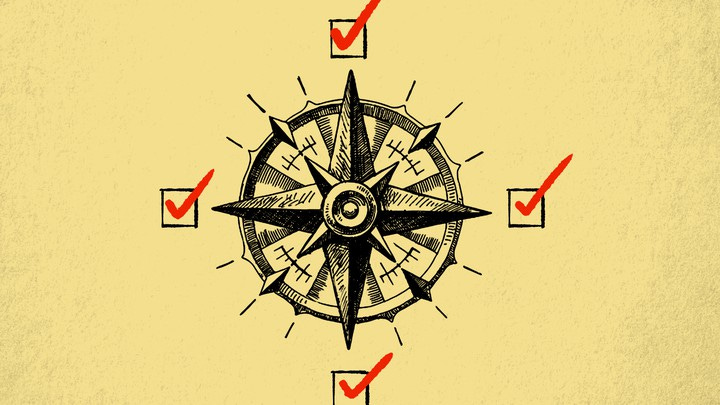It pays to be a chain during a pandemic
Tippets by Taps - Issue #141: Scale, meat substitutes, Disney, and more. Enjoy!
Welcome to the 63 new Tippets readers who have subscribed over the past two weeks! A big thank you to the readers who shared the newsletter. With your help I blew through my subscriber goal of 500 by the end of June!
If you’re reading this, not yet subscribed, and looking to receiving Tippets alongside the other similarly curious, intelligent people who’ve already subscribed, click below! 😄
The spread of COVID has illuminated growing divides in the global economy, particularly between large and small businesses. A few weeks ago I wrote the below:
Globally retailers need to reimagine their processes end to end, beginning with supply chain and logistics, employee scheduling and task management, and ending with the consumer experience. Building consumer confidence back is going to be a central part of the re-opening, otherwise we’re in for a longer road to recovery than anyone expects.
Given the lack of unified leadership within the government, no comprehensive plans for reopening, and safety guidance that seems to change any time the President manages to string together 140 characters, consumers are understandably confused, concerned, and looking for leadership elsewhere. This presents a distinct advantage for large, well-capitalized companies to further separate themselves from the competition.
Well-known and well-capitalized companies can put money to work toward instituting safety measures that create healthy work environments for employees and customers alike. They can also spend money informing the public about what safety changes have been made and get recognition for it, further building consumer confidence and trust. When asking the question ‘where am I more likely to be safe, Chipotle, or the taqueria down the street?’ Chipotle is probably going to win. Recent data shows this is proving true.
A new analysis by Bank of America found that spending at big restaurant chains has "largely recovered," while small chains and independent eateries remain under pressure.
Chipotle's stock is up 33% this year. The company's investments in technology — one of such advantages — have helped it pivot to delivery and takeout, with digital sales shooting up 81% in the first quarter.
Scale allows companies to paper over issues at struggling locations and spread out costs associated with new safety measures. That flexibility could be crucial as Covid-19 cases rise across parts of the United States, forcing at least two dozen states to pause or roll back reopening plans.
One of the key post-virus implications is likely to be increased consolidation in industries like retail, food and beverage, and hospitality. With more cash on hand, better access to financing, and an ability to plan on a longer time horizon than ‘what is going to happen tomorrow’, large organizations will also have an easier time implementing technology changes like switching to online sales in response to changing consumer needs. Without a clear end in sight to the pandemic, small businesses will continue to suffer. Our post-COVID retail and dining landscape is at risk of being even more static than before.

Opening day at Disney World: Small crowds, short lines, social distancing and COVID-19 merch
Big businesses can press the advantage, using their considerable war chests to implement new safety measures and reopen for businesses sooner. That doesn’t mean they should. Disney reopened Disney World, it’s Florida based theme-park, this weekend. This weekend also happened to be when Florida set the record for most COVID cases in a single day, and the country's highest seven-day average with 63,064 cases reported in the last week alone. The House of Mouse had a number of new safety measures in place for the opening day, including signage, masks for guests, and attempted social-distancing measures. Unfortunately, it apparently didn’t go as planned. Reactions have been mixed at best, raising questions as to whether the park will stay open or not.
Disney has clearly spent countless hours planning and preparing for this weekend. Unfortunately, to steal from Helmuth van Moltke, “No plan survives first contact with the enemy.” COVID is an unflinching enemy. It will take more experimentation and planning to defeat it.
Kroger Finds More Success Marketing Plant-Based Meat Substitutes
Books have been written about how small tweaks can affect major change. Kroger offers us the latest example. This week the grocery chain shared that, thanks to “a few modest tweaks to its marketing approach” drove a more than 75% increase in sales of plant-based meat products like burgers from Beyond Meat. The change? Meat substitute products were moved to the meat section of its stores instead of left in the refrigerated food sections. This resulted in more people trying the products and, on average, consumers purchased 23% more plant-based meat products.
Given the ongoing concerns with the meat supply chain, spikes in meat prices, and growing awareness of meat substitute products, it will be interesting to how demand for these faux meat products changes. COVID is accelerating everything from how we work to how we shop. Why shouldn’t it change how and what we eat?

The Questions That Will Get Me Through the Pandemic
I am a creature of habit. Once I get into a groove, it generally sticks for quite a while. There are a few distinct periods in my life that I can definitively say have changed my routine (and how I think about time in general):
Graduating from college and starting my first job
I will be the first to admit that finding a sense of 'routine’ and normalcy during the pandemic has been a bigger challenge for me than I anticipated. I found this article by John Dickerson, contributing writer at The Atlantic and author of The Hardest Job in the World: The American Presidency, a helpful approach that can create a new sense of routine.
I was to write questions in the left-hand column. These questions were ones I would ask myself that reflected my goals in work and life. They could be basic: Did I work out? Did I practice guitar? They could be cosmic: Did I find meaning this day? At the end of every day, I was to pose the questions to myself and grade my progress. I could write whatever questions I wanted, but I had no freedom from the daily accountability exercise. I had to do it. This, Goldsmith said, was the hard part. Most people jump ship after two weeks.
We can overestimate our mental strength, just as we often overestimate our physical prowess.
When distraction arrives, the list acts as a rumble strip. In those moments of flux when the attack on my attention is most likely to succeed, turning to the list can rescue me.
Did you ask why? The science-fiction writer Isaac Asimov said the sound of discovery is not “Eureka!” but “That’s funny.” “Eureka!” happens when you take “That's funny” and test it and get a result that tells you something. Asking why is what gets you from “That's funny” to “Eureka!” The question contains the propulsive force of curiosity.
I have been ending my days of late with the following questions:
What are 3 amazing things that happened today?
How could today have been better?
What will make tomorrow great?
It’s not a silver bullet but the technique (similar to that of gratitude journals, five-minute journals, and more) has helped me anchor myself at the end of each day and plan for the next. What tips/tricks have you employed to establish a routine during COVID?

Perspectives from the 2008 financial crisis
I’ve had the pleasure of getting to know Sidharth Jha over the past few months. He is a fellow Northwestern graduate (he graduated this past June) and expat who grew up in Southeast Asia. He also happens to have a terrific weekly newsletter, Sunday Snapshots, where he writes about the best books and academic papers, unique business stories, and a few niche parts of the internet (I recommend you subscribe!)
We connected a few weeks ago on a number of topics including graduating into a crisis, my experience as an investment banker in 2008, and how to look at your career as a long term game. The full conversation below:
Quote I’m thinking about: “You get to choose how you show up to the world.“ - Jaclyn Ruby
If you have feedback on anything mentioned above or have interesting links/papers/books that you think would be worth sharing in future issues of Tippets, please reach out! Reply to this email, click the feedback link below, or DM me on Twitter at @taps.








I reorganized my apartment and was reacquainted with the books I have(n’t read) 😅 so I’ve recently brought back the habit of reading a couple chapters each day. Last week, I finished through two books 🙌🏿
Side effect: days go by faster for me when I focus on habits instead of time. I don’t know if this is positive or negative at the moment...